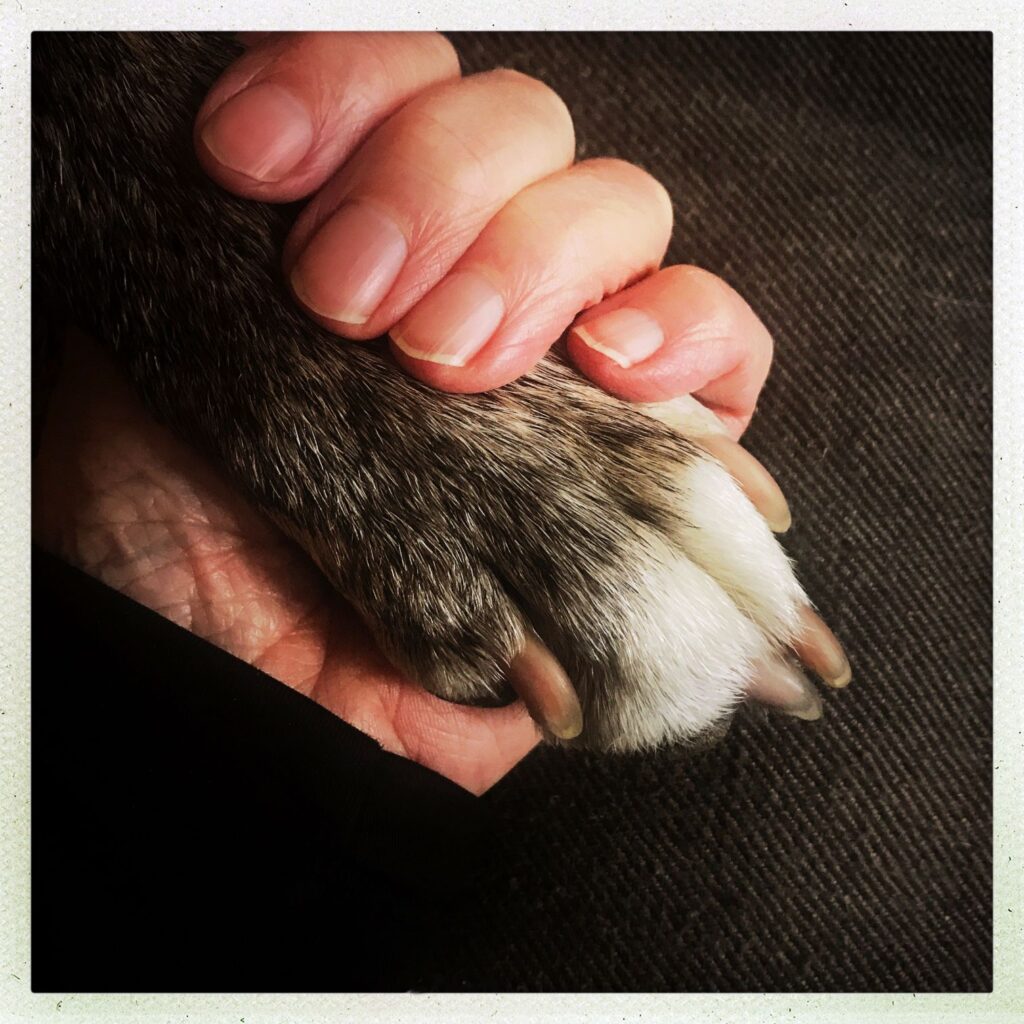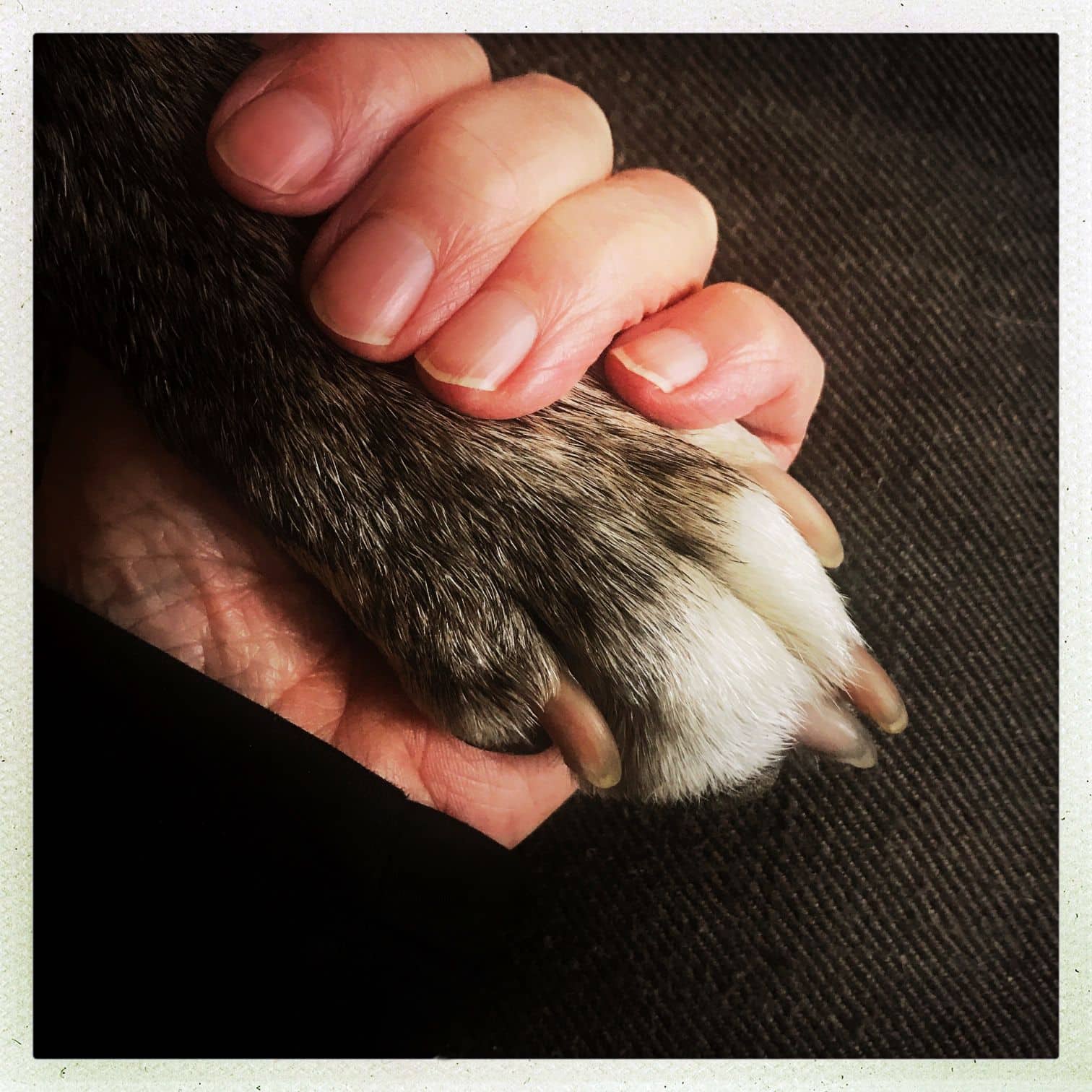Noticing Symptoms of Pet Cancer May Lead to Early Diagnosis and Treatment

One of the best things that pets have going for them is the neverending love and support of their human companions. Responsible, dedicated pet owners lovingly protect their pets from all sorts of illnesses and injuries, and promote day-to-day wellbeing, comfort, and safety. To determine daily health and wellness, owners may assess their pet’s appearance and behavior and make notes of any changes, however subtle or slight. In this way, pet owners might be able to see the first signs of pet cancer long before they are clinically identifiable.
In a World of Variables
Pet cancer might come as a complete shock to pet owners during, or shortly after, a routine wellness exam. Or, the diagnosis can result from a collection of noticeable symptoms over a period of time. Either way, a pet cancer diagnosis is overwhelming for everyone involved.
The good news is that many forms of pet cancer are treatable. What’s more, when pet cancer is caught early, treatment efficacy is at its best. Depending on the type and stage of pet cancer, advanced veterinary medicine can support quality of life and even improve longevity.
What Pet Cancer Looks Like
We encourage all pet owners to be on the lookout for the following common signs of pet cancer:
- Changes in behavior, including reluctance to exercise or engage in playtime, decreased endurance during regular activities, and social withdrawal.
- Limited mobility, pronounced lethargy or tiredness, or changes in balance.
- Breathing difficulty
- Rapid weight loss
- Trouble swallowing or chewing food
- Challenges with daily functions, such as bathroom habits, eating/drinking, and sleeping
- Open wounds or sores that don’t heal normally or completely
- Lumps or bumps on the skin
- Foul smell coming from the mouth, ears, rear end, or nose
- Sneezing or coughing
- Bloody vomit or diarrhea
- Pain to the touch
Any of the above symptoms benefit from a same-day veterinary exam. We may order certain diagnostics to learn as much as we can to diagnose your pet’s symptoms. Left alone and unchecked, symptoms of pet cancer can rapidly progress to the point of ineffective or impossible treatment.
What to Do Next
Pet cancer affects millions of animals every year. While it can be devastating, it is important to remain as calm as possible. We can help you find the right pet cancer specialist to treat your pet, while we support the other facets of their overall health and well-being.
Your pet’s daily routine is essential to uphold. If possible, try to keep meal times and exercise opportunities going as much as you can. Carve out extra time to nurture them and support their physical and emotional health.
While a pet cancer diagnosis can be shocking, it doesn’t have to mean the end. Many pets survive their treatment protocols and go on to enjoy many more years with their families. If we can assist you with any questions or concerns about pet cancer, please don’t hesitate to reach us at (260) 637-7676.Our caring, compassionate team is here for your pet at Dupont Veterinary Clinic.

